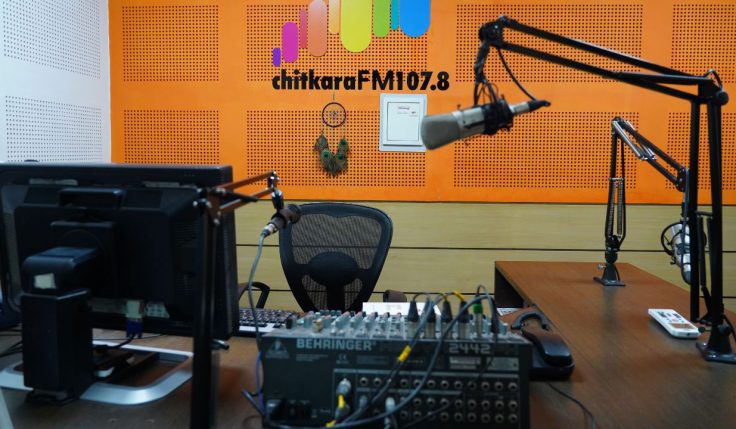The traditional approach to higher education involves students completing their bachelor’s degree programs at a college and then enrolling in a different (or the same) university to complete their master’s degree program. In the case of professional graduate degrees such as those in engineering, medicine, law, and education, students often start working right after graduation and then continue with their master’s degree later.
However, most students spend at least five years or more pursuing degrees that will help them work in a field of their choice. Integrated courses reduce the time to complete two complementary degrees by up to one year—assisting students in graduating and beginning their careers early.
Integrated courses are specialised programmes that help students complete their bachelor’s and master’s degrees or two bachelor’s degrees in one go. As students enrol in these programs right after school (class 12), these courses help them choose a stream of interest and graduate with a professional or master’s degree—making them ready to start their career from the get-go.
Integrated courses such as the Integrated BCA-MCA from Chitkara University, reduces the money, and effort spent in the process. Similarly, the 5-year integrated BE/MBA program at Chitkara University helps engineers master technical and critical management skills, helping them complete the degree in five years instead of six.
India’s New Education Policy also recommends integrated learning programs for education and other fields. Students who wish to pursue a B.Ed (Bachelor’s of Education) after their bachelor’s degree can do so in one year instead of two by joining an integrated program.
Traditional courses focus on two distinct degrees
Bachelor’s Degree: This degree lays the foundation of your career and provides the course basics and some advanced concepts necessary to pursue a specialization in your chosen field.
Master’s Degree: This degree builds upon the learning acquired in the Master’s degree programme and helps you build skills to specialise in the domain.
However, this approach incorporates an overlap where Master’s degree students end up re-learning what they learned in their bachelor’s degree to continue their specialization. This overlap, or foundation rebuilding, usually takes up a lot of time and resources, and students spend an extra year acquiring the degree.
Integrated courses help you choose your specialisation at the outset, and the bachelor’s degree and master’s degree programs run parallel. As you study for the final degree at the outset, you learn the basics and move on to specialisations in one go, without the need for recaps. This reduces the amount of time, money, and resources spent on completing the degree.
The Advantages of Integrated Courses
Here are some significant benefits of integrated courses when compared to traditional bachelor’s and master’s degrees:
- Integrated courses save time: You can start your career early as you save a whole year in an integrated program. For those interested in research, the total time spent from completing schooling to obtaining your doctorate will be reduced by at least one year.
- Integrated courses save money: Since most universities follow a semester-based system. As you will reduce the number of semesters, you will save money compared to traditional courses.
- Provide a variety of learning opportunities: Due to the vast number of integrated courses on offer, you can choose a specialisation of your choice, helping you to go beyond your core line of work and choose alternative career paths. For example, a student of B. Com can pursue a degree programme in education or law by enrolling in an integrated course.
- Opens new avenues: Completing two degrees in lesser time than usual results in students getting better learning and employment opportunities early in life. This also helps them explore alternative career options or choose options for higher studies.
Integrated learning courses offered by prestigious institutions like Chitkara University offer a host of benefits to students. Integrated programs also result in students being more focused on their career at the outset, learning the tools of the trade faster than their counterparts while saving time and money. This makes integrated courses the best option for most students.






